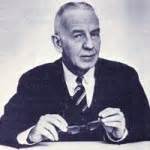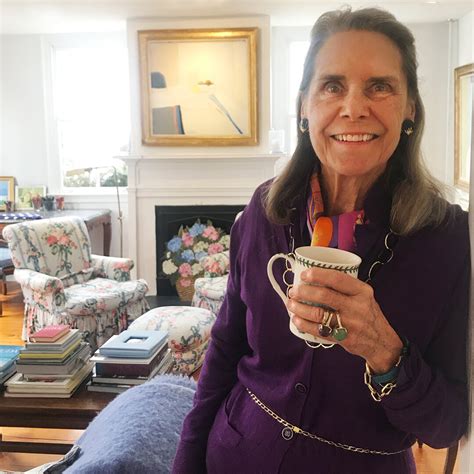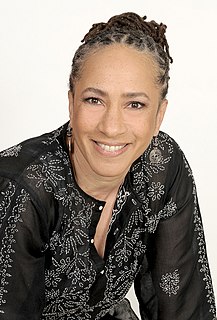A Quote by Jane Jacobs
Reformers have long observed city people loitering on busy corners, hanging around in candy stores and bars and drinking soda popon stoops, and have passed a judgment, the gist of which is: "This is deplorable! If these people had decent homes and a more private or bosky outdoor place, they wouldn't be on the street!" That judgment represents a profound misunderstanding of cities. It makes no more sense than to drop in at a testimonial banquet in a hotel and conclude that if these people had wives who could cook, they would give their parties at home.
Quote Topics
Around
Banquet
Bars
Busy
Candy
Candy Store
Candy Stores
Cities
City
Conclude
Cook
Corners
Could
Decent
Deplorable
Drinking
Drop
Gist
Give
Had
Hanging
Hanging Around
Home
Homes
Hotel
Judgment
Long
Makes
Misunderstanding
More
Observed
Outdoor
Parties
Passed
People
Place
Private
Profound
Reformers
Represents
Sense
Soda
Soda Pop
Stoops
Stores
Street
Testimonial
Than
Which
Wives
Would
Related Quotes
To be an outlaw you must first have a base in law to reject and get out of, I never had such a base. I never had a place I could call home that meant any more than a key to a house, apartment or hotel room. ... Am I alien? Alien from what exactly? Perhaps my home is my dream city, more real than my waking life precisely because it has no relation to waking life.
The thing about New York is, more than any other place I've ever been, you run into people on the street that you would never imagine you'd see, old friends, people just like there for a day or two. I find that all the time when I'm walking around Manhattan, running into people that I had no idea were even there.
At teenage parties he was always wandering into the garden, sitting on a bench in the dark . . . staring up at the constellations and pondering all those big questions about the existence of God and the nature of evil and the mystery of death, questions which seemed more important than anything else in the would until a few years passed and some real questions had been dumped into your lap, like how to earn a living, and why people fell in and out of love, and how long you could carry on smoking and then give up without getting lung cancer.
In Harlem, for instance, all of the stores are owned by white people, all of the buildings are owned by white people. The black people are just there - paying rent, buying the groceries; but they don't own the stores, clothing stores, food stores, any kind of stores; don't even own the homes that they live in. They are all owned by outsiders, and for these run-down apartment dwellings, the black man in Harlem pays more money than the man down in the rich Park Avenue section.
The man and the movement seemed 'reactionary' in my eyes. My common sense of justice, however, forced me to change this judgment in proportion as I had occasion to become acquainted with the man and his work; and slowly my fair judgment turned to unconcealed admiration. Today, more than ever, I regard this man as the greatest German mayor of all times.
I always had an affinity for older people. I had a job delivering newspapers, and one place I had to go was an old people's home. Some people would introduce you to their neighbors as if you were a nephew or grandson. They didn't get many visitors, so they acted like you were coming to see them. And that stuck with me for a long time.
For the most part, French cities are much better preserved and looked after than British cities, because the bourgeoisie, the people who run the cities, have always lived centrally, which has only recently begun to happen in big cities in England. Traditionally in England, people who had any money would live out in the suburbs. Now, increasingly, people with money live in the cities, but this has changed only in the last 20 or so years.
Why had I been so afraid? I had not loved enough. I'd been busy, busy, so busy, preparing for life, while life floated by me, quiet and swift as a regatta...I had had all my time, all my chances. I could never do it again, never make it right. I had not loved enough...I had not passed up all my chances to give love or receive it, and I had the future, at least, to try to do better.






































